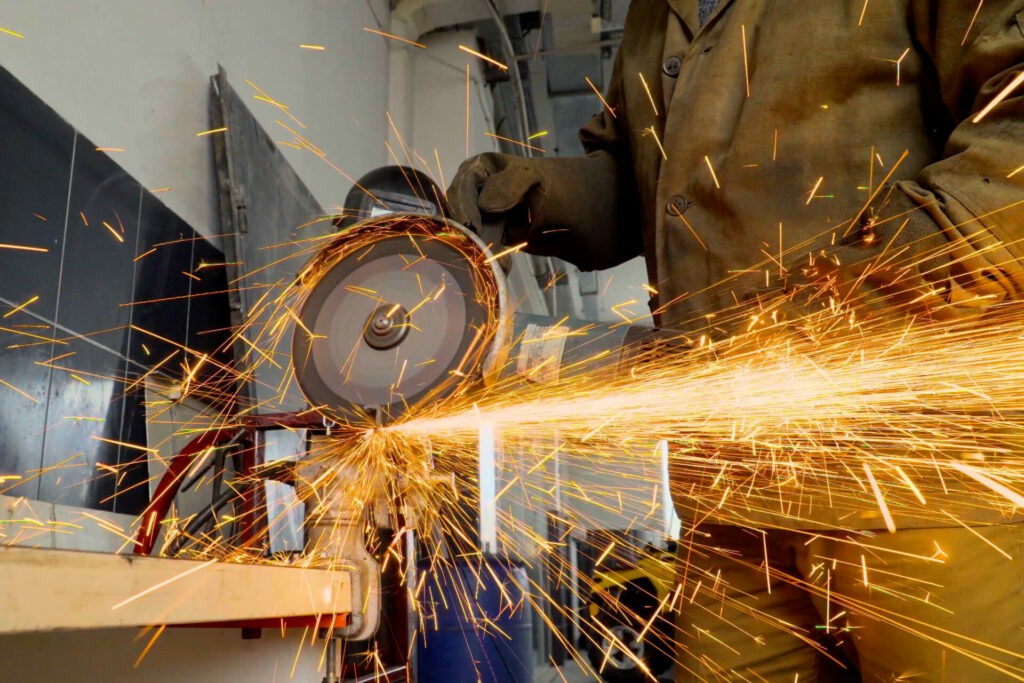


 349,500 Offered Certificates
349,500 Offered Certificates
 24/7 Online Training
24/7 Online Training
 Money Back Guarantee
Money Back Guarantee
 Fully Accredited Courses
Fully Accredited Courses

Created at: 22-02-2025 20:56
Abrasive wheels are essential tools frequently utilized in various industries, including construction, manufacturing, and metalworking. Understanding what they are, how to use them safely, and the legal requirements surrounding their use can significantly enhance workplace safety and compliance. This comprehensive guide explores the definition, types, common risks, training options, and certification processes associated with abrasive wheels.
Abrasive wheels, also known as grinding wheels, are made from abrasive materials that help shape and finish surfaces. Whether cutting, grinding, or polishing, these wheels come in various types to handle different tasks. Common materials include aluminum oxide, silicon carbide, and diamond, with applications ranging from metal fabrication to stone and concrete work.
While abrasive wheels are invaluable tools, they also pose several hazards that can lead to significant injuries if proper precautions are not taken:
In Ireland, compliance with legislation regarding abrasive wheels is paramount. Employers must adhere to regulations set forth by the Safety Health and Welfare at Work Act, which mandates the following:
Obtaining an Abrasive Wheels Certificate is critical for enhancing safety in the workplace. Training options are available across various cities in Ireland, including:
Certified training not only equips individuals with essential skills and knowledge but also ensures compliance with legal requirements and improves overall workplace safety.
The benefits of acquiring an abrasive wheels certificate extend beyond personal knowledge:
To acquire an abrasive wheels certificate, follow these steps:
Many organizations also provide Abrasive Wheels Online Courses for added flexibility in training.
In conclusion, understanding abrasive wheels, their types, associated risks, and the necessity of proper training and certification is vital for any professional handling these tools. By enrolling in an accredited Abrasive Wheels Course Ireland, particularly in cities like Dublin, Cork, Galway, and Limerick, you not only enhance your safety knowledge but also contribute to a safer workplace environment.
If you're interested in enrolling in an official course, contact us at [email protected] or visit us at Ireland Safety Training today!